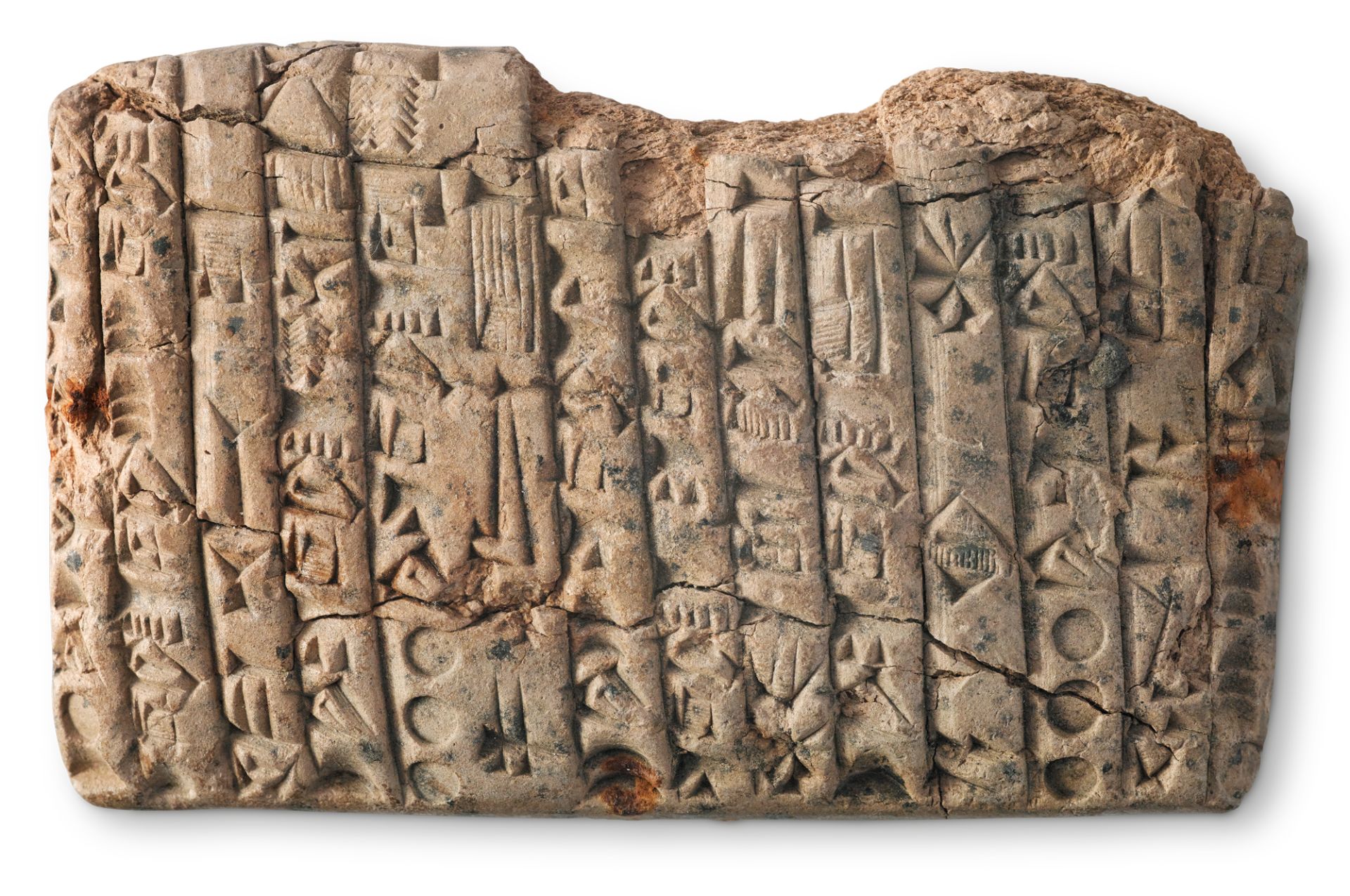The Epoch of Writing: A Brief Blink in Earth's Vast Timeline (Also Me)
What would human history be like without writing? Writing is not just a way of communicating, but also a way of creating and preserving our culture, our knowledge, and our identity. Writing is what makes us human, and what sets us apart from other living beings. But how old is writing, and how does it compare to the age of our planet?
The first writing system was invented by the Sumerians, who lived in ancient Mesopotamia (now Iraq) about 5,000 years ago. They used a stylus to make wedge-shaped marks on clay tablets, which they called cuneiform. Cuneiform could write different languages, such as Sumerian, Akkadian, and Babylonian, and could express any kind of information, such as laws, myths, and trade. Cuneiform was the first writing system that could represent both sounds and meanings, and it was the beginning of true writing.
Around the same time, or a little later, other civilizations also developed their own writing systems, such as Egypt, China, and Mesoamerica. These writing systems had different shapes and purposes, but they all had the same function: to convey complex and abstract information. Writing allowed the creation of literature, history, science, religion, and art, and also helped the administration, organization, and expansion of civilizations.
Writing, therefore, can be seen as the start of human civilization, as it marks the transition from prehistoric to historic times. Writing also shows how humans are different from other animals, as it reveals our unique cognitive and linguistic abilities. Writing is a defining feature of our species, and a powerful tool for our cultural evolution.
But writing is also a very recent invention, compared to the age of our planet. Earth is estimated to be 4.54 billion years old, plus or minus 50 million years, based on radiometric dating of rocks and minerals. This means that writing has only existed for about 0.0001% of Earth’s existence, or one ten-thousandth of a percent. To put it another way, if Earth’s history was compressed into a 24-hour day, writing would have appeared at 23:59:59, just one second before midnight.
Earth’s history is much longer and richer than human history, and it includes many events and processes that shaped our planet and its life. Earth has experienced the formation and breakup of continents, the eruption and extinction of volcanoes, the rise and fall of sea levels, the impact and cratering of asteroids, the origin and diversification of life, the emergence and disappearance of species, and the cycles and changes of climate.
Writing, therefore, is a very young and fragile invention, compared to the ancient and robust nature of Earth. Writing is also a very precious and valuable invention, as it allows us to learn from the past, understand the present, and imagine the future. Writing is both a product and a producer of civilization, and it reflects our creativity and curiosity as humans. Writing is a gift and a responsibility, and we should use it wisely and respectfully.
Peace Out

Comments
Post a Comment